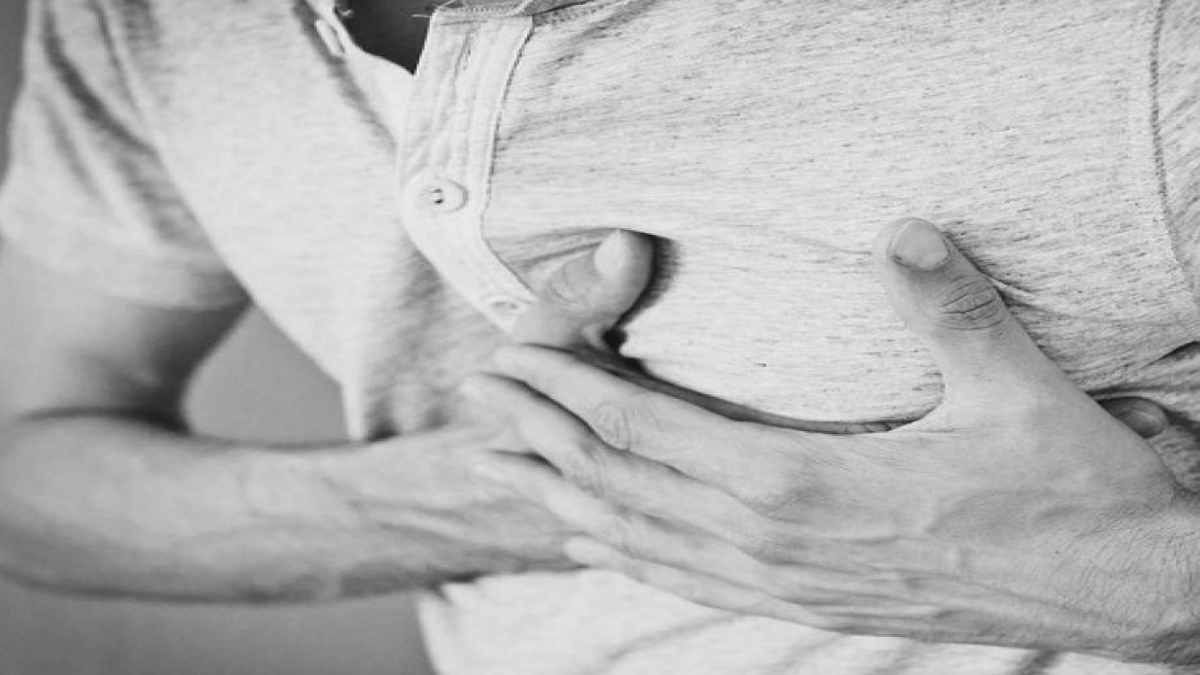


Strokes happen each day. In fact, if you look at the stroke statistics, as published by the ICMR, one stroke occurs every 20 seconds and one death stroke every two minutes, so the stroke statistics are truly staggering. However, there are situations when strokes or types of stroke can be much more common in the winter months.
It is said that the types of strokes that are essentially hemorrhagic, or caused by bleeding in the brain, are much more common. Clots like when you have a heart attack, when the blood clots in the blood supply in the heart, you can have a clot that is causing a lack of blood supply in the brain; this is called an “ischemic stroke.”
What is important is that an ischemic stroke occurs early in the morning, especially when one wakes up in the morning. Several factors contribute to this. The blood is thicker in the winter months, and the blood vessels are short of constraint, which can increase blood pressure, rupture blood vessels, or cause bleeding in the brain called hemorrhagic strokes. Strokes can therefore be much more common in the winter months.
In fact, one study says that for every 10 degree drop in blood pressure, there is a 12%–18% increase in the occurrence of strokes.
So one needs to check blood pressure, hydrate well, avoid exposure to weather variations, maintain a healthy lifestyle, sleep well, don’t smoke, don’t take alcohol , be physically active, and be at optimal health at the same time. Prevention is the best part-care of stroke- immediate ivanous ,immediate pick up, immediate response, and reach out as an emergency to the right place at the right time will definitely mitigate the kind of damage stroke care does, so be stroke care smart.
Dr M.V. Padma is the head of neurology department at
AIIMS, Delhi.